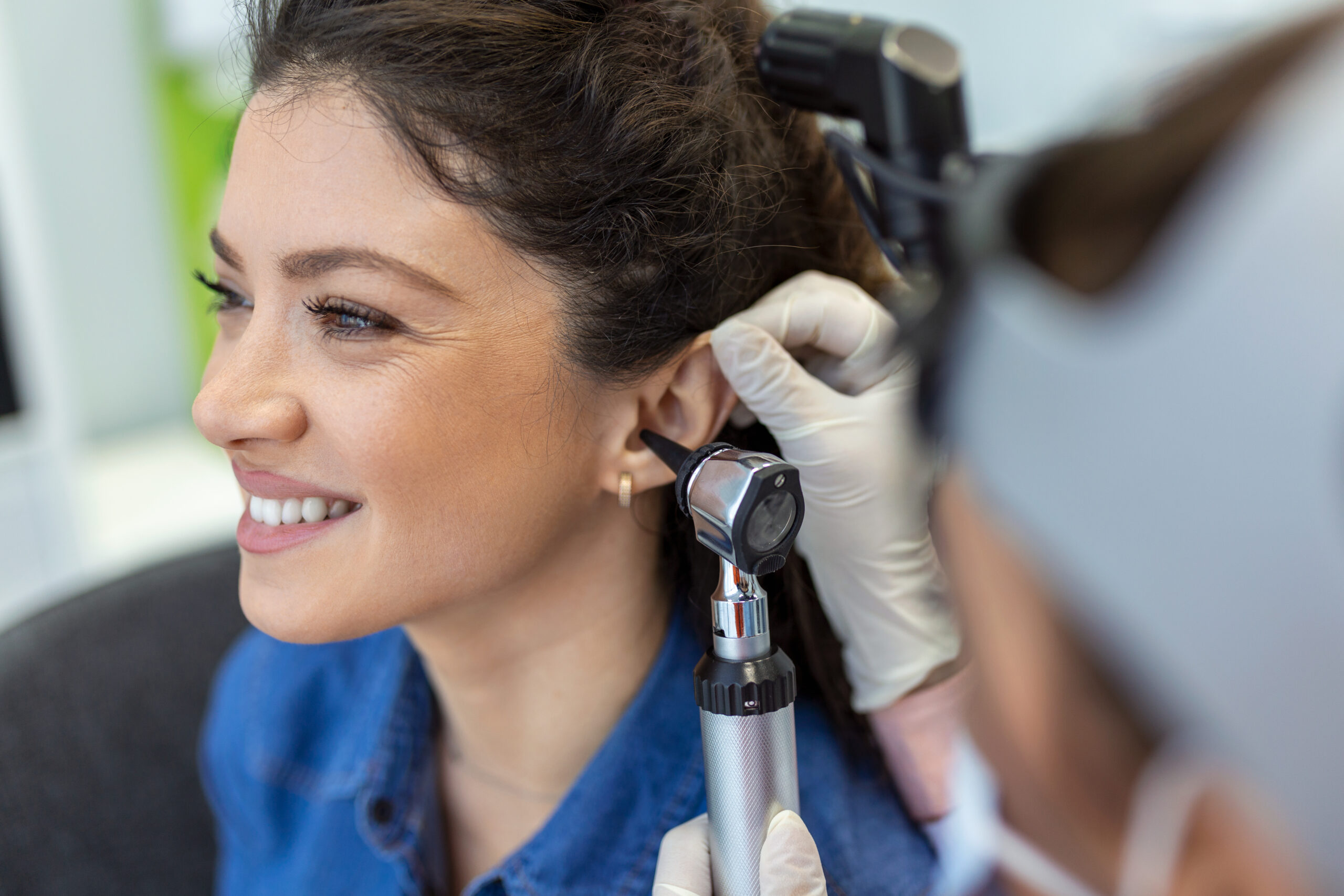Hearing health is easy to ignore until it starts interfering with daily life. Unlike routine eye exams or dental cleanings, hearing tests often get skipped, yet they are just as important. Regular assessments and consistent device care protect long-term hearing health and keep hearing aids working effectively.
This guide explains why testing matters and offers practical strategies for maintaining hearing aids, with resources from Toronto Hearing Consultants.
Why Hearing Tests Are Essential
Regular hearing tests are more than a formality. They provide a clear picture of how your ears are functioning, help identify changes that may otherwise go unnoticed, and guide decisions about treatment or hearing aids. Much like an annual physical or dental checkup, routine hearing assessments are a preventive measure that protects long-term health and ensures you stay connected in daily life.
Detecting Hearing Loss Early
Hearing loss develops gradually. Without regular tests, small changes often go unnoticed until they interfere with conversations or work. Baseline testing allows audiologists to track changes over time and intervene when necessary.
Monitoring Overall Health
Hearing tests can also highlight links to other health conditions, including diabetes and cardiovascular issues. These insights make hearing evaluations an important part of preventive care.
Protecting Mental and Cognitive Health
Untreated hearing loss is tied to higher risks of depression, isolation, and cognitive decline. Annual testing reduces these risks by ensuring timely solutions such as properly fitted hearing aids or medical treatment.
How Often Should You Get a Hearing Test?
How often you need a hearing test depends on your age, health history, and exposure to noise. Some people can go several years between assessments, while others benefit from annual monitoring. Understanding the right schedule for your situation ensures changes are caught early and hearing health stays on track.
Adults Under 50
Most adults under 50 can schedule a hearing test every three to five years.
Adults Over 50
Age-related hearing loss is common, making annual assessments advisable.
High-Risk Individuals
People who work in noisy environments or attend loud events should test yearly.
Children and Teens
Pediatric screenings remain vital for speech and language development.
What to Expect During a Hearing Test
For many people, the idea of a hearing test feels unfamiliar or even intimidating. In reality, the process is straightforward, painless, and designed to give a complete picture of your hearing health. Knowing what happens during the appointment helps you feel prepared and makes the results easier to understand.
- Case History Review: Lifestyle and symptoms are discussed.
- Otoscopy: The ear canal and eardrum are checked for blockages or infections.
- Pure-Tone Audiometry: Tones are played through headphones to chart thresholds.
- Speech Audiometry: Measures speech recognition in quiet and noisy settings.
- Tympanometry: Evaluates eardrum and middle ear function.
For a detailed look at how assessments are structured and what coverage is available, see this guide to OHIP hearing aid coverage.
Why Hearing Aids Require Regular Maintenance
Hearing aids face constant exposure to wax, moisture, and daily wear. Without consistent care, they lose effectiveness, shorten in lifespan, and often require costly repairs. Professional hearing aid repair services help extend performance and ensure clarity.
Daily Maintenance Tips
Daily care is the easiest way to keep hearing aids working at their best. Simple habits like cleaning, proper storage, and battery management prevent most common problems before they start. By building these steps into your routine, you can extend the life of your devices and maintain consistent sound quality.
Clean Every Night
Wipe away earwax and oils with a soft, dry cloth. For more significant buildup, professional ear wax removal services are safer than cotton swabs.
Store in a Dry Case
Protect devices from moisture by using a dehumidifier case overnight.
Battery and Charging Care
Remove disposable batteries nightly or keep rechargeable aids docked.
Quick Inspection
Check tubing, domes, and casing for cracks or corrosion.
Weekly and Monthly Maintenance
- Replace Wax Guards: Change filters regularly to avoid blockages.
- Inspect Tubing and Domes: Behind-the-ear models wear faster and may need replacement.
- Run a Listening Check: Test amplification to catch distortions early.
Professional Care and Annual Servicing
Even with consistent at-home care, hearing aids require professional attention to stay in peak condition. Annual servicing allows an audiologist to deep-clean delicate components, adjust programming, and replace worn parts. These appointments ensure your devices continue to match your hearing needs as they change over time.
- Cleanings: Clinics use specialized equipment for thorough cleaning.
- Reprogramming: Adjustments are made based on updated test results.
- Firmware Updates: Digital hearing aids receive software updates for improved function.
- Part Replacement: Microphones, domes, and tubing are replaced as needed.
Annual servicing at the Bathurst clinic location ensures devices stay in top condition.
Troubleshooting Common Issues
- No Sound: Check batteries and wax filters.
- Feedback or Whistling: Reposition the aid or replace worn parts.
- Distorted Sound: Often linked to moisture damage—seek professional servicing.
The Link Between Hearing Tests and Hearing Aid Care
Hearing tests and maintenance go hand in hand. Updated assessments ensure devices are programmed correctly, while well-maintained aids provide reliable results during testing.
Lifestyle Habits That Protect Hearing
- Use Earplugs in noisy settings.
- Monitor Medications for ototoxic side effects.
- Stay Heart-Healthy since circulation impacts ear health.
- Avoid Cotton Swabs and rely on professional care.
Insurance and OHIP Considerations
Cost is a concern for many people considering hearing aids. For answers to the most common questions about coverage, see does OHIP cover hearing aids?. Understanding provincial and private insurance benefits ensures you make informed choices.
Meet the Audiologist
The clinic is led by Natasha Manji, an audiologist with extensive training and a patient-first approach. Her expertise, combined with the team’s support, ensures that testing and maintenance are handled with precision.
Conclusion
Regular hearing tests are a key part of preventive health, while hearing aid maintenance keeps devices functioning at their best. Together, these habits safeguard communication, confidence, and overall well-being. With two convenient Toronto locations, including Bathurst, patients can access expert care close to home through Toronto Hearing Consultants.





